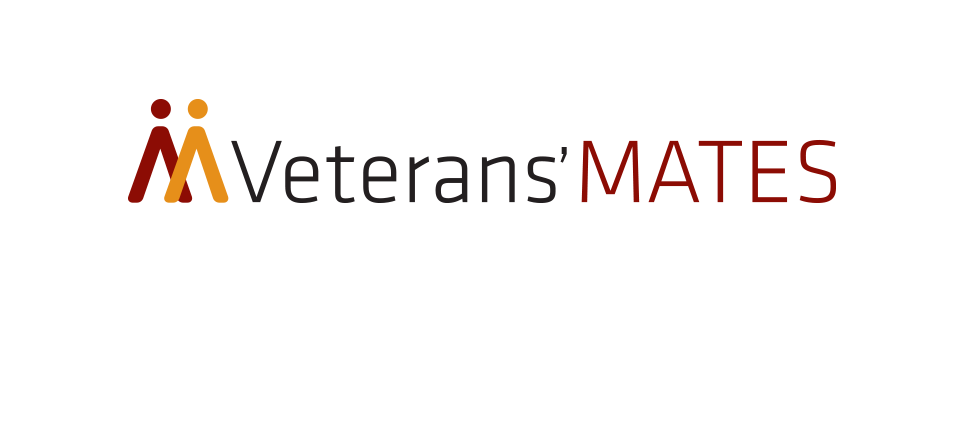Veterans’ MATES – an evidence-based program that’s saving lives

The Veterans’ Medicines Advice and Therapeutics Education Services – or Veterans’ MATES – program supports improved health outcomes for the 150,000 veterans who are prescribed medicines each year.
This preventative healthcare program focuses on preventing adverse health outcomes for veterans who take multiple medications, such as hospitalisations or unwanted increased side effects.
The program uses de-identified health care billing information linked to DVA Veteran Cards to determine where medications can have an unforeseen impact or cause complications. They then use this information to directly contact veterans who could be at risk so they can get the most appropriate care and manage their health more effectively.
The program has been very successful, reaching more than 300,000 veterans over the past 18 years, and helping 67,500 veterans access necessary care, including the prevention of hospitalisations, and potentially harmful drug interactions and negative side-effects.
There has been recent media reporting relating to concerns about the use of veterans’ data through the Veterans’ MATES program.
While there has been no systemic data breach, this program uses de-identified veterans’ health data. This data is only identifiable if the veteran is potentially at risk and would benefit from a review of their medication use.
All data used by the program is governed by privacy laws and is strictly confidential. It is only used to support improved health outcomes for the veteran community.
More information about the MATES program and the use of personal information can be found at Veterans’ MATES.
The Veterans’ MATES program is a collaboration between DVA and the University of South Australia and is led by an internationally recognised team of experts, with a recent report from the Organisation for Economic Co-operation and Development (OECD) calling the impact of the program ‘significant’.
In fact, 84% of GPs who gave feedback on the program said that at least one of their veteran patients required a review of the medicines they use.
Dr Brad Murphy is a GP leading a veteran-centric health centre, and a veteran himself. He considers that ‘opportunities to review best practice in [my] clinic, especially in regards to medications, allow me to optimise patient care on an individual level.’
Associate Professor Woodward of the Royal Australasian College of Physicians urges all veterans to ‘consider the benefits of this really good program. Your healthcare team want to ensure you receive information if you are at risk’.
Dr Graeme Killer, a former RAAF doctor of 24 years, and the Australian Medical Association representative on the Veteran’s MATES editorial committee, says: ‘Use of multiple medications or “polypharmacy” is a risk for many people in Australia. The fact that veterans and their doctors have support in managing this often complex area is such an advantage.’
Veterans’ MATES is a good program, delivering real life health benefits for Australia’s veteran community.
For more information about the program, visit Veterans’ MATES, or contact DVA at VETMATES [at] dva.gov.au (VETMATES[at]dva[dot]gov[dot]au).